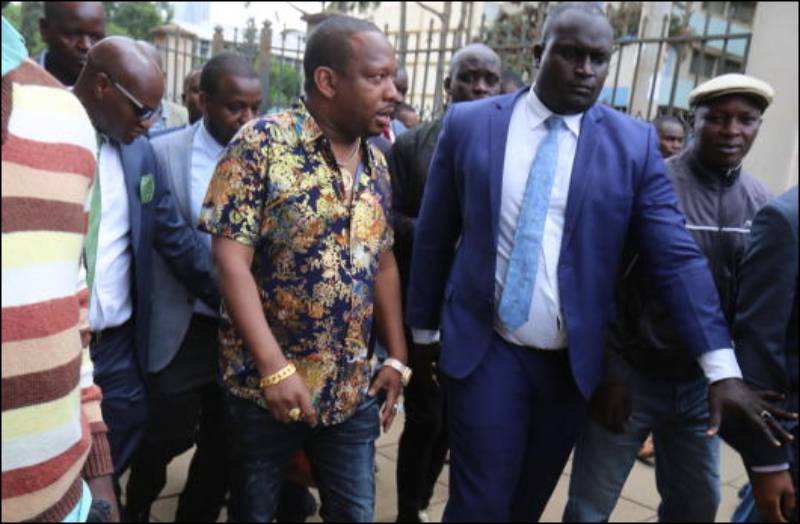×
The Standard e-Paper
Join Thousands Daily

Nairobi Governor Mike Sonko, his predecessor Evans Kidero and former Kiambu Governor Ferdinand Waititu are casualties of yesterday’s Supreme Court verdict, suspending orders on secret investigations.